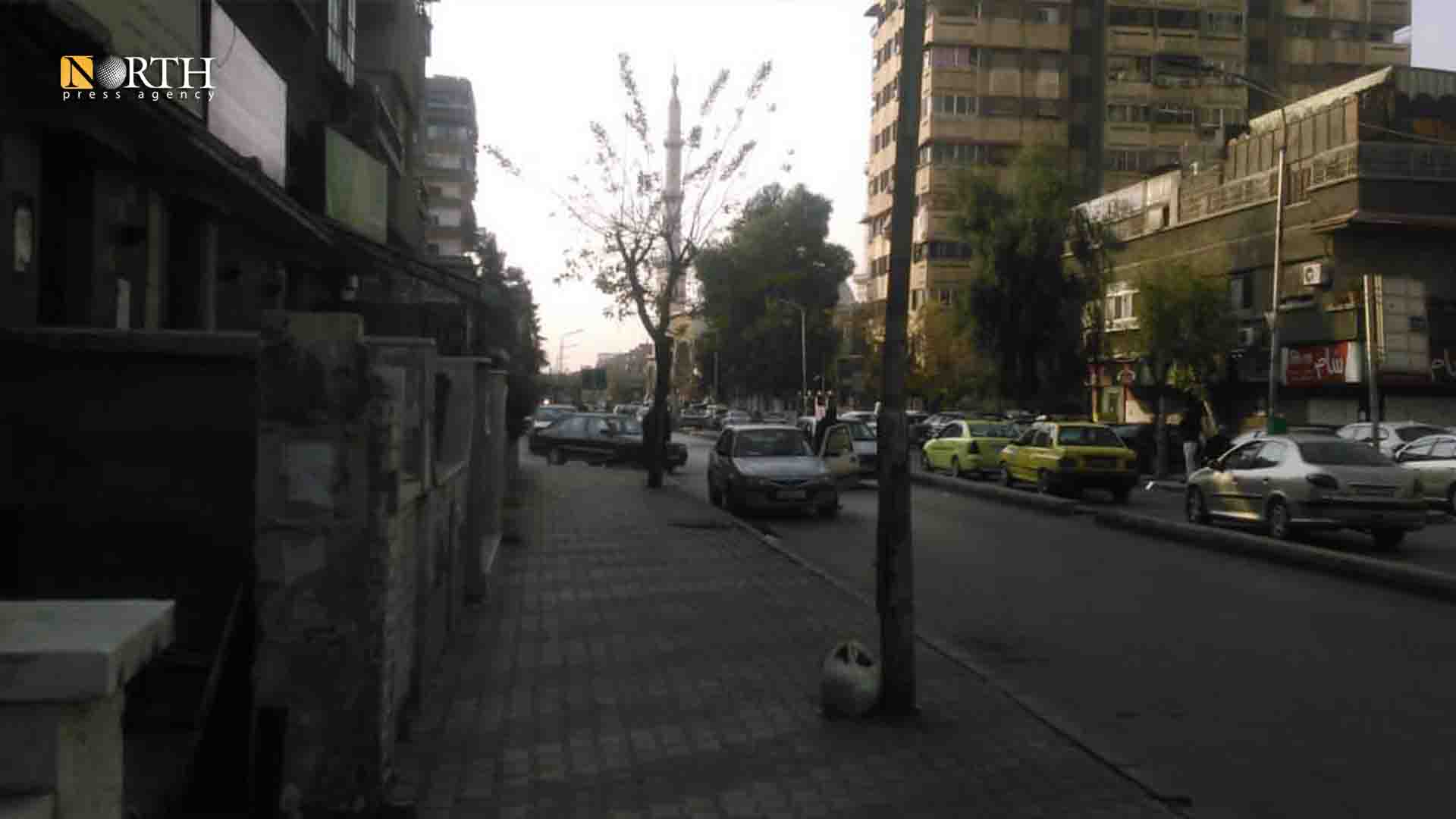DAMASCUS, Syria (North Press) – The year 2020 gave rise to a torrent of official statements by officials and decision-makers in the Syrian government, many of which aroused widespread condemnation from the public and were described by Syrians as irresponsible, delusional, or provocative.
Strong economy
The statements of presidential advisor Bouthaina Shaaban in January 2020 remained a source of mockery and ridicule when she claimed that the Syrian economy is “50 times stronger than it was in 2011.”
The Syrian government had called on the Syrians to control the exchange rate through the “Our Lira is our Glory” (lirtna azzetna) campaign, which was launched in early 2020 by selling some goods at a price of one Syrian pound.
In October, Oil Minister Bassam Tohme stated to the media that the country’s fuel crisis would end, stressing that there is no intention to raise prices or cancel fuel subsidies.
“Those are my last words; it is my responsibility,” he said.
But only 24 hours after this statement, the government raised fuel prices.
100 dollars
Commenting on the issue of detaining Syrians at the crossings with Lebanon until they pay $100, Syrian Prime Minister Hussein Arnous said, “The government has instructed the border crossings to let any citizen who does not have the ability to spend $100.”
But Arnous said the next day that emigrants spend hundreds of dollars abroad, and “when it comes to spending 100 dollars at home, they start to complain.”
Rumors and haters
As for Agriculture Minister Muhammad Hassan Qatna, he called on Syrians to make their own bread at home, saying, “We must help the state instead of waiting for it.”
General Director of Bakeries Othman Hamed said that the reason for the shortage of bread is the increased demand for it due to its consumption as a result of the high price of other foods.
In a statement to the official government SANA agency, Hamed said that what was said about the bread crisis is caused by “rumors and some haters.”
The deputy governor of Damascus said that there is “no shortage of petrol, the reason is the psychological state of the citizen, so whenever they notice a line in front of a gas station, they join it.”
Human rights
In September, a source in the Syrian Foreign Ministry claimed that “the Netherlands is the last country entitled to speak about human rights, as it supports and finances armed organizations in Syria.”
This came in the Foreign Ministry’s response to a letter written by Dutch Foreign Minister Stef Blok to Parliament, confirming his country’s intention to prepare a lawsuit against Syria before a United Nations court for human rights violations.
Minister of Religious Endowments Muhammad Abd al-Sattar al-Sayed, said in a sermon in December, “The Kurds, Syriacs, and Christians live in our country without problems.”
Some said that the minister considers more than half of the Syrian population to be “guests living under his government.”
The hospitals were not closed?
In mid-March 2020, Syrian activists circulated footage showing the Minister of Health Nizar Yaziji, through the official media, denying the presence of any coronavirus cases in the country.
After being asked about his statement, he replied “I want to say, praise be to God, the Syrian Arab Army has disinfected many of the germs from the Syrian territory.”
The statements of Minister of Education Darem Taba’a also evoked laughter from more Syrians, when he refused to close schools “because the hospitals are not closed.”
Taba’a also added that “children are more aware than doctors and adhere to health procedures; that is why the number of coronavirus deaths among doctors is higher.”

